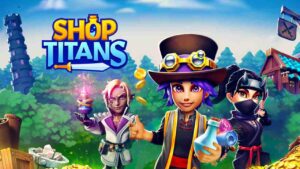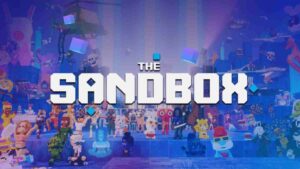Paradise Tycoon is adding a competitive twist to its laid-back island life. The new Port Ohana Fishing Tournament runs from September 13 to 28 and puts 1.5 million MOANI tokens on the line, along with a variety of in-game items. It is a limited-time event built around a simple activity—fishing—but with a clear leaderboard and real rewards that change how players approach the game.
On the surface, it looks like a casual mini-game. But the design shows how Paradise Tycoon blends cozy gameplay with blockchain economics. This is more than a pastime; it is a structured competition that encourages daily play and careful resource management.
How the tournament works
Participants can catch up to 30 fish per day in Port Ohana. Points depend on the rarity of each fish, so quality matters more than sheer quantity. The top 500 players share the token prize pool, with the highest ranks earning extra items such as worm bait, health potions and a Minting Elixir that can be used elsewhere in the game. Even a mid-table finish guarantees some MOANI, giving the event a wide reward spread.
Gear and NFT advantages
Fishing requires a rod, available in standard and NFT versions. NFT rods provide higher stats like better luck or stronger lines, which improve the odds of landing rare fish. Bait is also necessary and can be earned through timed boxes, NPCs or the in-game marketplace. Because catches are capped each day, consistency is just as important as equipment, but better gear can still tip the odds in tight races.
A window into Paradise Tycoon’s strategy
Paradise Tycoon positions itself as a life-simulation game with a player-driven economy. Events like this serve multiple goals: they keep existing players logging in, they stimulate the use of the native MOANI token and they test the balance between free participation and NFT-powered advantages. It is a familiar challenge in Web3 gaming—keeping things accessible while rewarding investment.
Why it matters beyond this event
Fishing tournaments are nothing new in life sims or mobile games, but tying the outcome to a tradeable token adds a layer of risk and reward that traditional titles don’t have. Port Ohana shows how Paradise Tycoon is experimenting with regular, time-limited competitions to keep its ecosystem active. For players, it is less about flashy spectacle and more about planning, gear management and understanding the economics behind every cast.
Web3 Analyst & Play Blockchain Games Guide
CryptoKit breaks down Web3 gaming like it’s second nature. From tokenomics to airdrop strategies, she turns blockchain chaos into clear, actionable advice for players who want to win more than XP.




